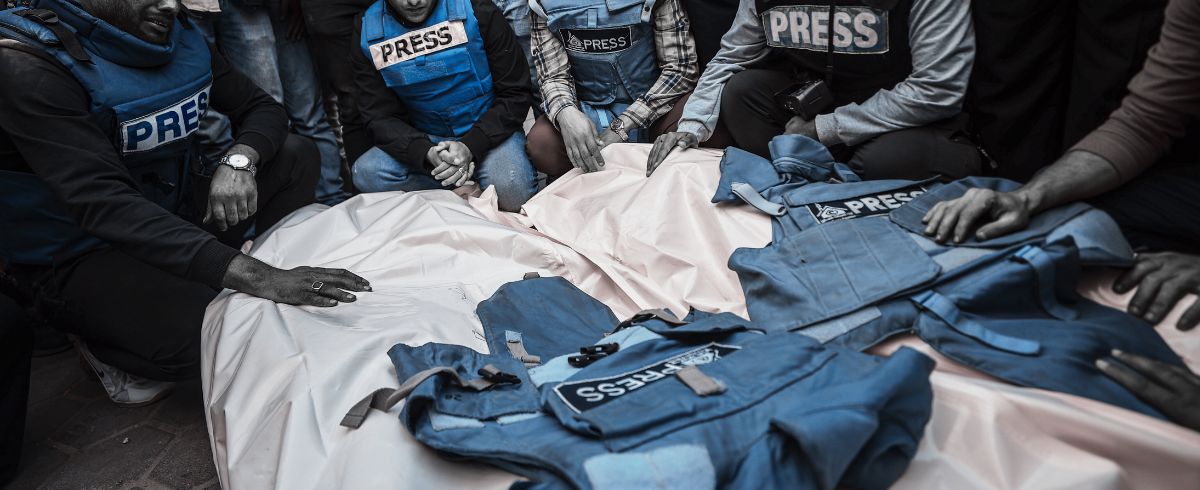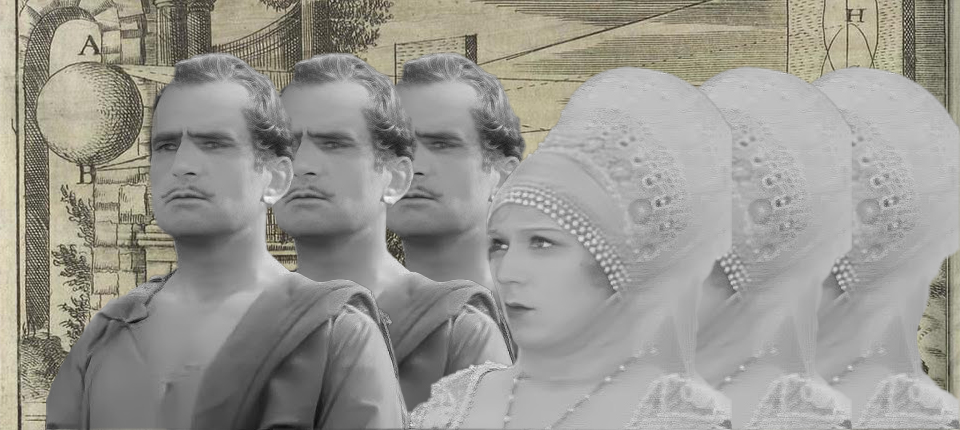In 1935 Varian Fry arrived in Berlin as a newly minted Harvard graduate, eager to report on the escalating political unrest that had gripped Germany since Hitler’s rise to power. He was unprepared for what he would witness. His account of an anti-Jewish riot, published in the New York Times, describes the chilling apathy of the police: “Nowhere did [they] seem to make any effort whatever to save the victims from this brutality”. This harrowing episode was merely a prelude to the horrors that would soon engulf Europe.
Years later Fry remained haunted by visions of Nazi violence. In June 1940 the Germans occupied Paris, triggering a mass exodus of refugees to the south. By August, with Eleanor Roosevelt’s endorsement, Fry had boarded a transatlantic flight at the helm of the newly established Emergency Rescue Committee (ERC). Armed with $3,000 concealed in his clothing and a hastily compiled list of more than 200 artists and intellectuals marked for Nazi arrest, he embarked on a perilous and seemingly hopeless mission. On arrival in France he assembled a team of allies including the socialist Frank Bohn, the heiress Mary Jayne Gold, the painter Miriam Davenport, the activist Albert Hirschman and the anti-fascist resistance fighters Hans and Lisa Fittko. Together they defied extraordinary odds, leading thousands to safety, among them renowned writers – Franz Werfel, Heinrich Mann, Lion Feuchtwanger, Anna Seghers and Hannah Arendt.
Uwe Wittstock’s Marseille 1940 serves as a sobering reminder that many of the greatest literary works of the twentieth century owe their existence to the courage of a few individuals willing to risk their lives for others. Blending biographical, documentary and archival material with dramatic flair, the author weaves a compelling tapestry of interconnected vignettes traversing Europe and the US from 1935 to 1941. At the heart of his account lies the “hopelessly overcrowded” Marseille, a haven for those fleeing war and persecution. Against the backdrop of this bustling port city Wittstock reimagines the daily realities of Vichy France, bringing to life key locales such as Café Pelikan, a makeshift “news agency” for refugees near the American consulate, where clandestine escape plans were hatched over bitter espresso, and the Hôtel Splendide, within striking distance of the train station, which initially functioned as the ERC’s headquarters. Later the committee relocated to Villa Air-Bel, on the outskirts of the city, which became a safe house and meeting place for artists, writers and intellectuals, offering shelter to cultural luminaries including André Breton, Marc Chagall and Max Ernst.
Wittstock details how the success of the ERC’s operations often hinged on delicate negotiations with obstinate officials and opportunistic swindlers. (Cigarettes were a popular form of currency.) Messages to New York were smuggled in condoms and tubes of toothpaste, while food rations were scarce and unpredictable, exacerbating an already fraught situation. However, Wittstock emphasizes that for most refugees the primary concern was securing the necessary transit, exit and entry visas. Many had discarded their identification papers to avoid Nazi detection, compounding the challenge of obtaining these vital documents. With the assistance of the talented Austrian Jewish caricaturist Wilhelm “Bil” Spira, the ERC took on the hazardous but essential task of mass-producing forged passports and identity cards. These immense bureaucratic hurdles drove many refugees to desperate measures, such as illegally attempting the treacherous crossing of the Coll dels Belitres in the Pyrenees on foot, risking capture by border authorities who could turn them over to the Nazis.
This tragic fate befell the critic and philosopher Walter Benjamin, who was detained in the Spanish town of Portbou on the night of September 25, 1940. His subsequent suicide sent shockwaves through the intellectual community. Yet Marseille 1940 is not solely a tribute to prominent figures such as Benjamin. It also honours the countless nameless individuals whose stories have been lost to history. Wittstock recalls, for instance, the tirailleurs, Senegalese soldiers fighting for France, who were “separated from their French counterparts” and brutally massacred by the Germans. As he notes in his afterword: “for every person mentioned in this book, there were hundreds or thousands of others who equally deserve to be remembered”.
After the war, Fry’s humanitarian work with the ERC was largely forgotten, his only official recognition being the French government’s belated award of the Légion d’honneurin 1967 – a few months before his death. Though not a tale of a “singular hero”, Marseille 1940 ultimately seeks to redress this historical oversight, celebrating Fry as the unheralded mastermind behind the intelligentsia’s “great escape” from Nazi terror. In doing so it affirms the lasting significance of his legacy in preserving Europe’s cultural memory.
Sofia Cumming is a Research Fellow at King’s College London
The post Great escape appeared first on TLS.

 By Times Literary Supplement | Created at 2024-10-29 21:41:40 | Updated at 2024-10-30 15:24:55
2 weeks ago
By Times Literary Supplement | Created at 2024-10-29 21:41:40 | Updated at 2024-10-30 15:24:55
2 weeks ago



